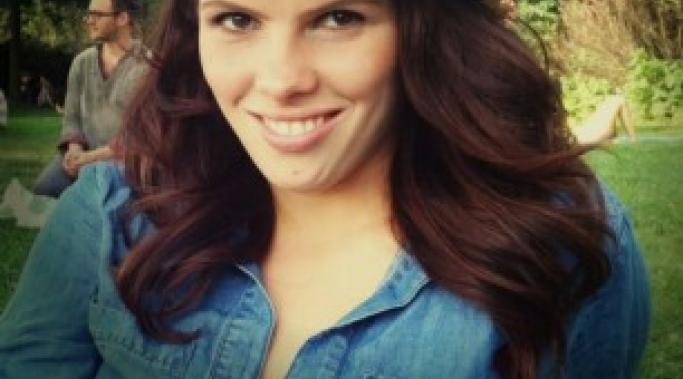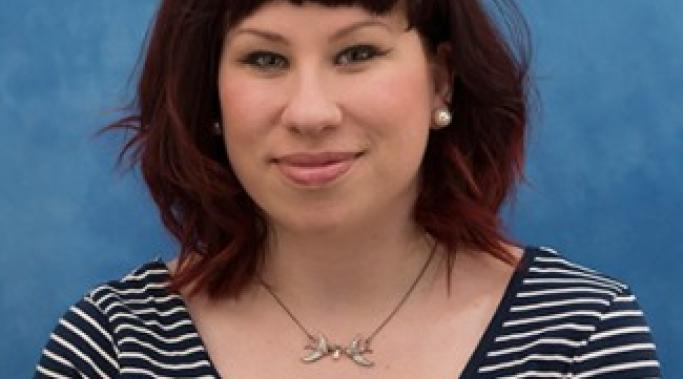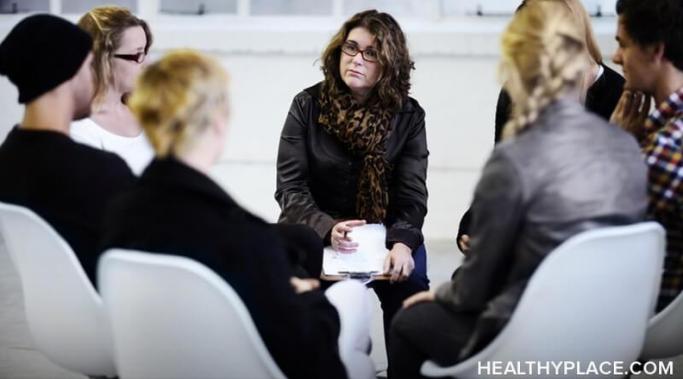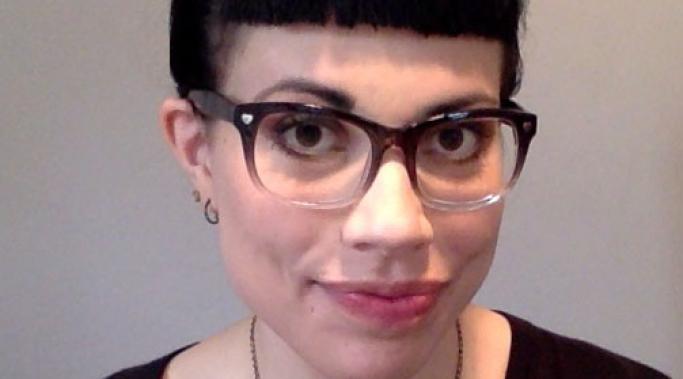For the longest time, I thought I was just a sensitive, moody girl who had been battered by bad luck. I didn’t think I was depressed because reasons to be sad were always around. Throughout my 20s, I experienced a handful of family tragedies, lots of death, and my fair share of broken relationships. When a psychiatrist said that I had depression and anxiety, I felt I had earned my Diagnostic and Statistical Manual of Mental Disorders (DSM) diagnosis the way one earns a graduate degree. I had a masters in sadness. I figured I would always listen to Elliott Smith and read Virginia Woolf's novels. Depression was in my bones. Instead, not long after I began treatment for depression, I discovered that my feelings were symptoms of an illness, not personality traits. Happiness had been inside of me all along.
Depression Videos
Ashley Womble
I’m Liz Smith and I'm the new author on the Coping with Depression blog. I have depression, I’m 33, and I live in Leeds, a city in the north of England. It wasn't until my mid-20s that I was officially diagnosed with depression, but it was clear I was suffering well before then. Most of the time, I felt pretty desolate – lonely, misunderstood, and like there was nowhere I fit in. At university, everyone else seemed to be having a great time, but being around lots of confident, able people only magnified my insecurities.
Most days, I’m pretty accepting of having depression. Some days, I’m not. One of those days happened recently when I heard two young women excitedly discussing their plans for the future. They looked to be about the age I was right before I was diagnosed. Back then I had concerns and worries, but big mental health diagnoses were just not on my horizon. As far as I knew at least.
Seeing the World Through the Eyes of Depression
For as long as I can remember, I've seen myself and the world around me a little differently than the average person. There was a lot of negativity and fear inside me. It wasn't until my early 20s that I realized that anxiety and depression were a big part of this type of warped perspective. At the age of 28, I was diagnosed with bipolar 1 disorder. For years I fought my diagnosis, not believing that it could apply to me.
Several years ago I did an inpatient treatment program for depression. At the end of my stay at the hospital, I was asked to complete a survey on my experience there. The form had room for comments and suggestions and as I filled it out, I realized I had a lot to say about my depression treatment.
Depression remission can be brief, lasting mere days. If you're lucky, depression remission can last weeks or months before a depression relapse occurs. It is important when your depression is in remission, to make the most of it. Here's how I do it.
When I got my dog, Digby, I had no idea how much he would help me with my depression. Standard recommended treatments for depression pretty much never recommend getting a dog or spending time with a dog, but maybe they should.
My name is Erin, I’m 29-years-old, and depression is as much a part of me as my bones and organs. I’ve felt depressed my entire life, but until I finally reached out for help at the age of sixteen, I didn’t realize that I had an illness at all. I thought life was just extremely painful but that I felt pain deeper than most. I felt like I was terrible at coping with things everyone else found to be so easy. I felt bad and wrong and hopeless.
While there seems to be no definitive, medical evidence that links laughter with improved serotonin levels (the lack of which is said to play an integral part in depression), laughter is definitely the unsung hero when it comes to alleviating depression symptoms.
Post-vacation depression (or, post-vacation blues, as it is sometimes called) has often plagued me. I was hoping that this time it would be different. I just got back from a vacation in the sun. And now, it is all I can do to keep those depression demons off my back.









